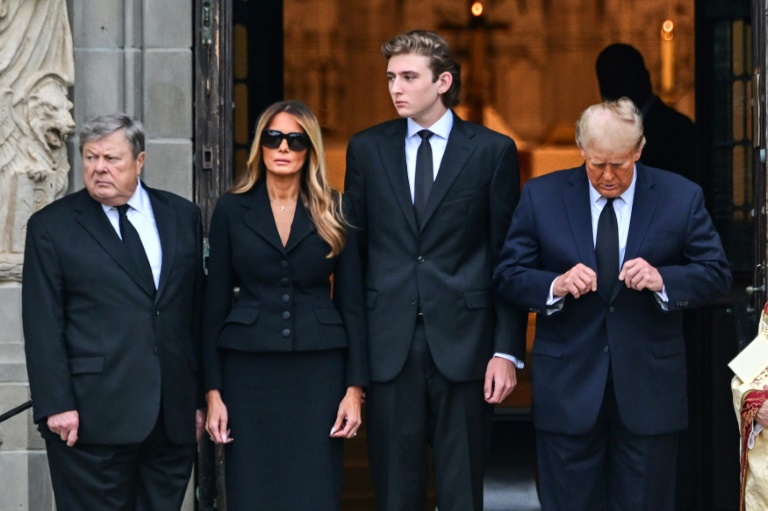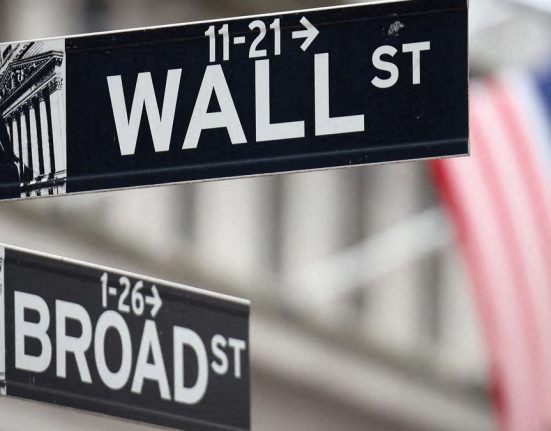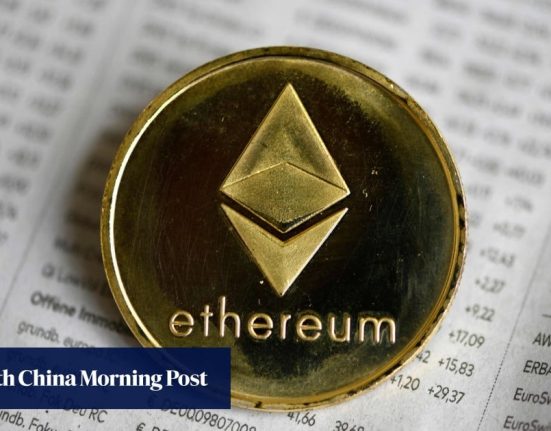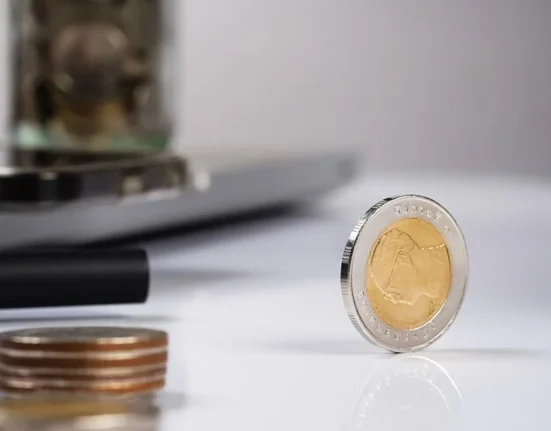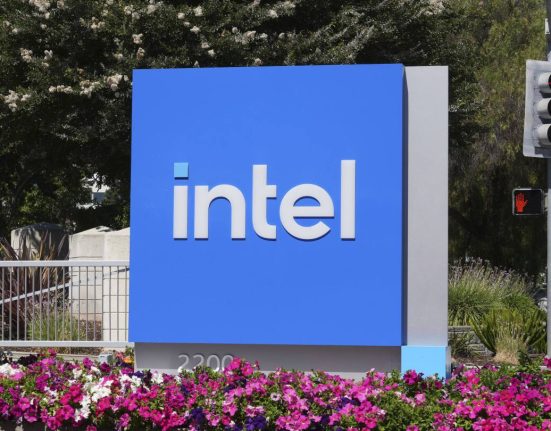Cryptocurrency continues to dominate headlines as a modern-day gold rush—especially for high-profile investors leveraging political ties. A prime example? Barron Trump, the youngest son of US President Donald Trump, who has reportedly amassed a digital fortune worth $40 million (£29.72 million). His earnings stem from the family’s crypto venture, World Liberty Financial, and highlight the growing influence of digital assets as viable—and potentially lucrative—alternatives to traditional investments like property or stocks.
How Did Barron Trump Build This Crypto Fortune?
According to insiders, Barron Trump pocketed nearly $40 million (£29.72 million)—or approximately $25 million (£18.58 million) after taxes—from token sales associated with World Liberty Financial, a cryptocurrency project he helped co-found with his father and older brothers.
As per Forbes, Barron holds a 7.5% stake in the company. In just nine months, the venture reportedly raised $550 million (£408.68 million) in token sales. The Trump family is said to have earned more than $57 million (£42.35 million)—with a significant portion of the profits funnelled directly into Barron’s accounts.
What Is World Liberty Financial?
Launched in late 2024, World Liberty Financial (WLF) is a decentralised finance platform promoting its own token, $WLFI. President Trump serves as the platform’s ‘Chief Crypto Advocate’, with the Trump family controlling 60% of the company and entitled to 75% of token-sale revenues.
By March 2025, WLF had raised between $550 million and $590 million (£408.68 million–£438.40 million), with $30 million (£22.29 million) contributed by crypto entrepreneur Justin Sun. Trump himself disclosed an income of $57 million (£42.35 million) from token sales in recent financial filings.
Trump’s Push to Legalise Crypto
In early 2025, President Trump issued Executive Order 14178, revoking previous restrictions and establishing the Working Group on Digital Asset Markets, tasked with proposing regulatory frameworks and assessing the creation of a national crypto reserve.
Shortly after, a second executive order introduced a Strategic Bitcoin Reserve and a US Digital Asset Stockpile, utilising seized crypto assets while avoiding taxpayer burden. These orders formalised the federal government’s first official foray into digital currency reserves.
Simultaneously, Congress passed the GENIUS Act—a bipartisan bill mandating full-dollar reserves, regular audits, and stronger consumer protections for stablecoins. The act aims to help grow the US stablecoin market to $2 trillion (£1.49 trillion).
Top Officials Are All In on Crypto
Beyond the Trump family, several senior lawmakers have backed crypto as a legitimate asset class. Senator Cynthia Lummis, known as ‘Congress’s Crypto Queen’, champions the idea of a Bitcoin strategic reserve and leads the Senate Banking Digital Assets Subcommittee.
Senator Tim Scott, chair of the Senate Banking Committee, has pledged to create a ‘thoughtful digital asset framework’ and advance bills on market structure and stablecoins.
Meanwhile, Treasury Secretary Scott Bessent has endorsed both stablecoin legislation and pro-crypto reforms during congressional hearings. Senators Tommy Tuberville and Markwayne Mullin have also tabled proposals to include crypto in retirement accounts and voiced support for national digital reserves.
What Barron Trump’s Wealth Means for Crypto’s Future
Barron Trump’s overnight rise to crypto multimillionaire status has fuelled renewed debate about the intersection of politics, wealth, and the evolving digital economy. His role—and the Trump family’s deep investment in crypto—may accelerate calls for regulatory clarity and broader public acceptance.
As Barron benefits from this fast-moving market, lawmakers are facing growing pressure to define investor protections and establish a consistent regulatory framework. His massive windfall underscores both the financial potential and the grey legal areas still surrounding cryptocurrency.
With high-profile figures now entrenched in digital finance, the future of US crypto policy may be shaped as much by generational wealth as it is by government regulation.

